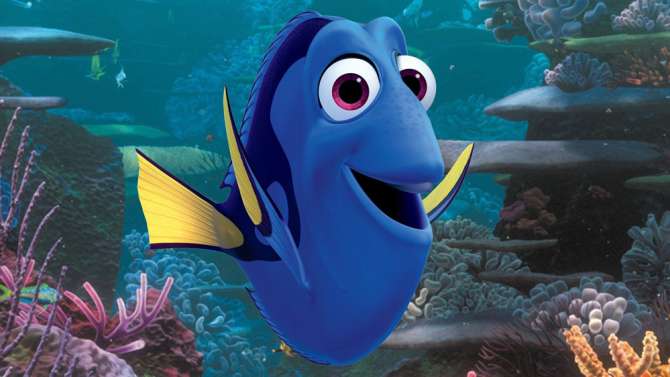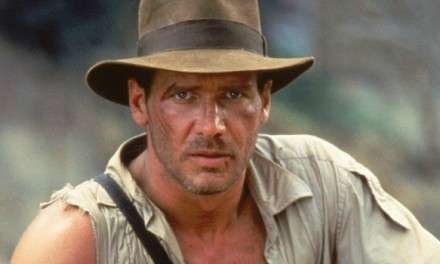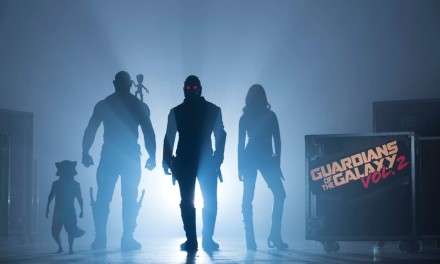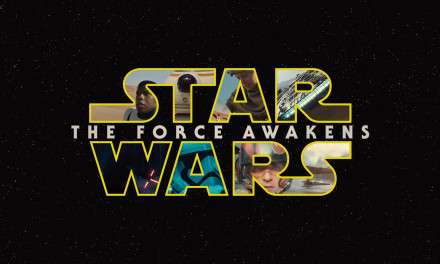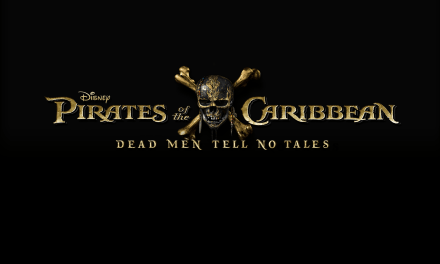There are movie studios and then there is Disney.
With its arsenal of Marvel, Pixar and Lucasfilm, the studio has long ago transcended the bonds of Hollywood to become an entertainment behemoth with no equal.
Most of Disney’s rivals — perpetually finding themselves punching up as the studio rolls out fresh “Star Wars” spinoffs and “Avengers
” sequels — send their top emissaries to CinemaCon. Sony Pictures sent its head Tom Rothman to woo theater owners. Warner Bros. CEO Kevin Tsujihara hit Sin City to praise the theatrical experience and take a thinly veiled swipe at Screening Room. And Paramount vice chairman Rob Moore interviewed Megan Fox and Will Arnett to promote a new “Teenage Mutant Ninja Turtles.”
Disney sent distribution chief Dave Hollis to fill in for motion picture head Alan Horn. Moreover, the company, which prefers to reveal teasers and break news at D23, its annual fan expo, mostly relied on previously released trailers to prove to theater owners that it had the goods to keep the box office humming. Hollis tried to gild the lily by saying that CinemaCon was the first time teasers for “Doctor Strange” and “Star Wars: Rogue One,” both readily available on YouTube, had been seen on the big screen.
It was certainly a departure from Disney’s presentation four years ago. Reeling from its disastrous experiment with handing the studio reins to Rich Ross, Disney pulled out all the stops. There were bagpipers and Pixar head John Lasseter in a kilt (to promote Scotland-set “Brave”), a visit from Kermit the Frog, and an awkward, nearly monosyllabic cameo from Johnny Depp.
This Wednesday’s presentation contained a more modest spread compared to that banquet of showmanship. Not that exhibitors care. Disney was responsible for three of last year’s top-grossing domestic releases, and in the coming weeks and months it’s offering sure-fire blockbusters such as “The Jungle Book” and “Captain America: Civil War.” Trailer debuts are nice and all, but theater owners are a mercenary bunch. They’ll take making money over geeking out over Han Solo news any day of the week. To that end, Hollis promised “no shortage of amazing content from Disney’s five world class studios” — the murderer’s row that includes Disney live-action and Disney animation, in addition to Pixar, Marvel and Lucasfilm.
It’s no accident that with little fresh footage, and no stars, save for “Finding Dory” director Andrew Stanton and producer Lindsey Collins, Disney received some of the heartiest applause of the convention.
Disney did offer up a screening of “Captain America: Civil War” and screened the first 27 minutes of “Finding Dory,” its follow-up to 2003’s “Finding Nemo.” In typical Pixar fashion, the film deftly mixed in humor and pathos, recounting Dory, the fish with short-term memory loss played by Ellen DeGeneres, and her quest to find her parents.
At a time when companies such as Screening Room, the Sean Parker-backed startup looking to debut movies concurrently in the home, are looking to change the contours of the distribution industry, Disney reaffirmed its commitment to the theatrical experience. Its movies are events, the studio stressed.
“Our commitment to the theatrical window has never, ever been stronger,” Hollis said, declaring at another point: “It is a great time for movies and it is a great time for movies in the movie theater.”
At the very least, it’s certainly a great time to be Disney.

